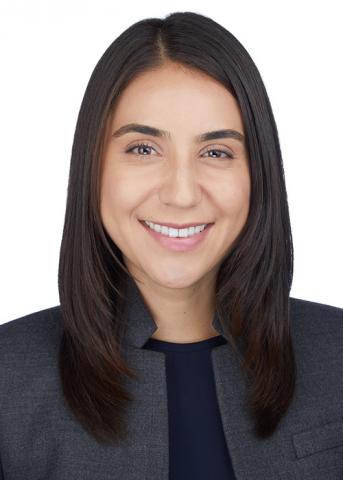When Maggie Ramirez joined the engineering research labs as an undergraduate at the University of Washington, she fell in love with the research process, studying and learning alongside her professors. From that moment, she knew exactly what she wanted to be in life: a professor at the UW. What she didn’t know was that her studies would take her on a slightly different path towards this goal. UW SPH sat down with Ramirez, who is the newly appointed William L. Dowling Endowed Professor in Health Administration, to learn more about her journey to becoming an assistant professor in the Department of Health Systems and Population Health, the intersection of her work in public health and engineering, and why health equity is central to her research.
Tell us what first drew you to public health.
My background is actually in engineering, and it was during my Ph.D. studies that I was introduced to public health and racial and ethnic disparities in health and health care. I worked on a project with my Ph.D. advisor to develop a telephone system that would automatically screen and monitor Latino patients with diabetes for depression, and that’s how I became really interested in public health.
You received your bachelor’s degree from the UW Industrial & Systems Engineering. Any coincidence that you are back at the UW?
I was born in Los Angeles, California, but my family moved to the Yakima Valley in Washington state when I was little so that my dad could work in agriculture. My parents, who immigrated from Mexico, did not have all the opportunities that I had as a first-generation college student. I completed my undergrad degree here at the UW, and I just loved it so much because I felt like my experience transformed the trajectory of my life. I was so grateful to this institution for doing that.
When I was an undergrad, I set a goal to become a professor at the UW, but at that time I thought I was going to be an engineering professor. I asked my engineering professors, ‘What do I need to do to be a professor here?’ and their advice was that I leave for my graduate studies, and train at the top universities in the country to increase my chances. So that's what I did! I went to the University of Michigan for my master’s degree, the University of Southern California for my Ph.D., and then the University of California Los Angeles for another master's degree (this time in health policy and management) and a postdoc position. And after all that, my dream came true, and I obtained a faculty position at the UW.

